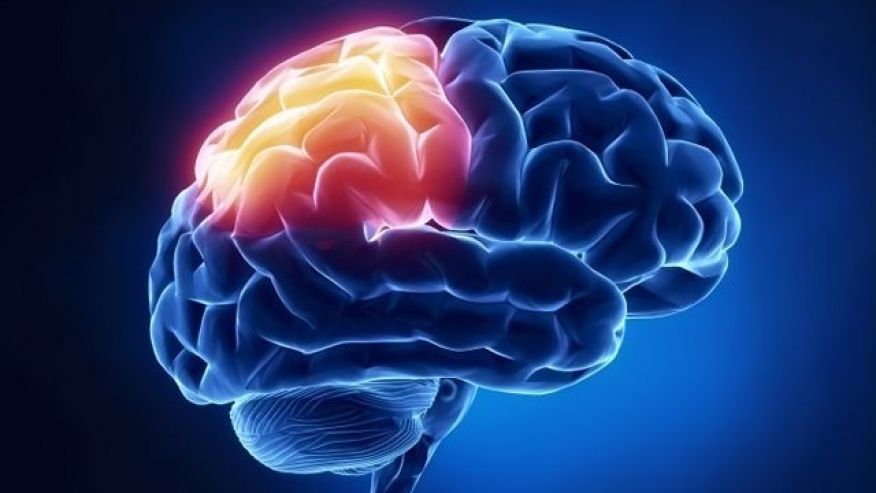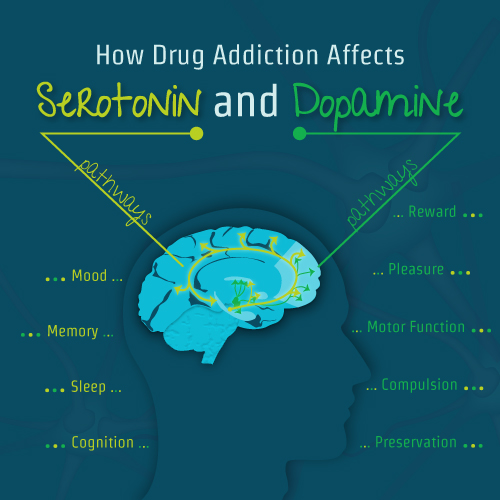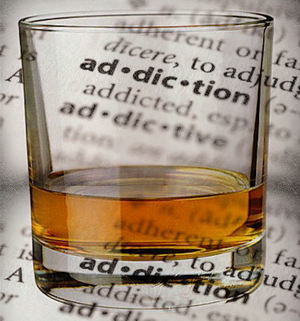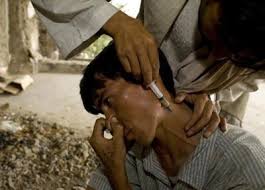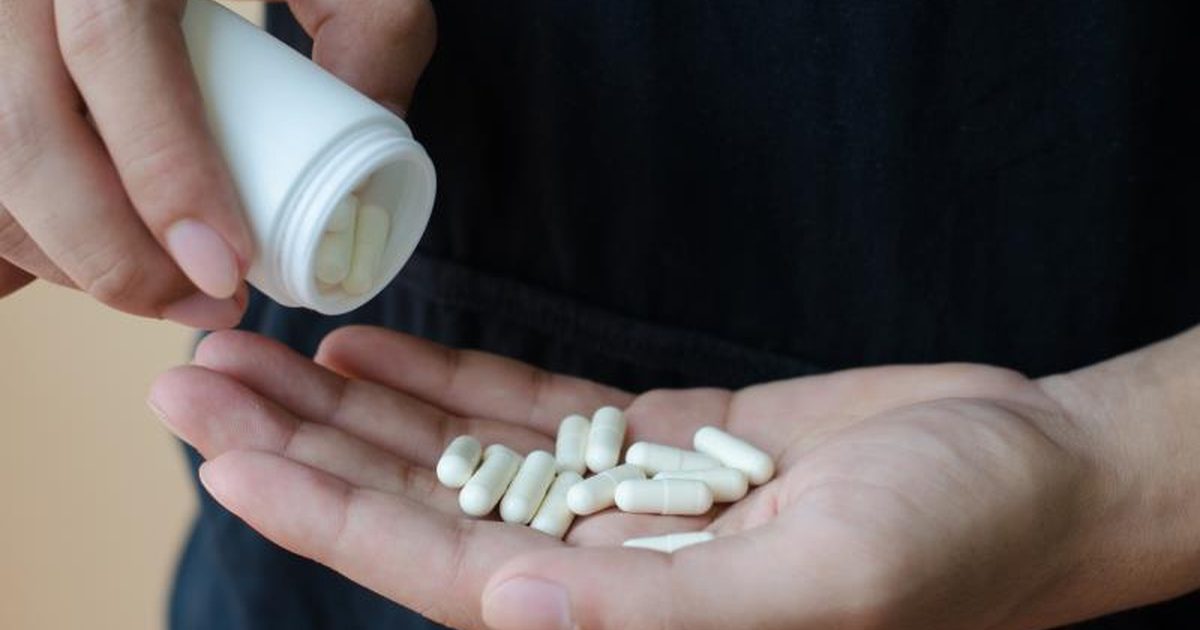Existing addiction recovery programs
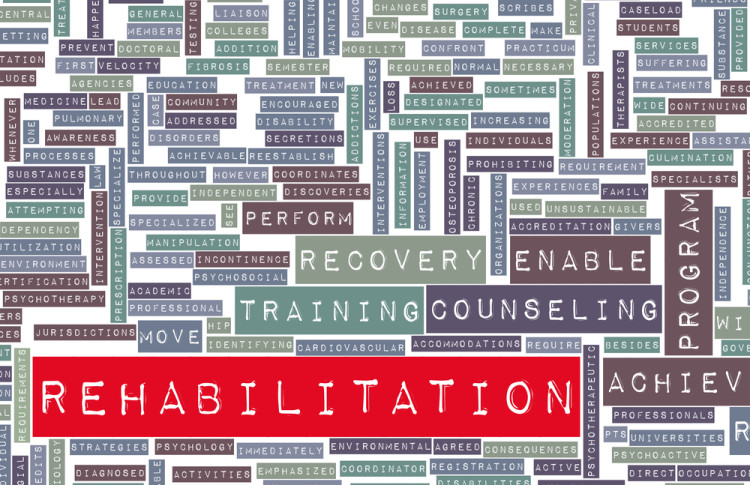
Existing addiction recovery programs are tailored to help you regain your health professionally
Existing addiction recovery programs: The ultimate consequences
The consequences of drug and alcohol addictions are strenuous and can impact negatively on your personal relationships and make it hard to focus on your work and even in school programs. The consequences of addiction have made so many people have their health, finances and eventually their lives being turned upside down painfully. We are all aware that drug addiction is a global problem and finding the existing addiction recovery programs is a good point to start with. However knowing the root causes of individual drug abuse is also very important in the fight against drug and alcohol addiction. And that is why experts at AWAREmed Health and Wellness Resource Center recommends that if you’re struggling with a substance abuse issues, it is never too late to get help from a drug recovery program. You can call us today (843 213 1480) and we will help you go through this professionally.
Existing addiction recovery programs: Drug and alcohol addiction
The prevalence of this problem is very evident in most countries like for example in America, it is estimated that up to 22.5 million people age 12 and above have used illicit drugs just in the last month alone. That is according to the information gathered by Substance Abuse and Mental Health Services Administration (SAMHSA). On further analysis of these, it comes out that the figure represents 8.7% of that age group. Of those who admitted having used illicit drugs in the last month, approximately 18.1 million used marijuana, 6.1 million used psychotherapeutics, 1.4 million used cocaine, 1 million used hallucinogens, 0.6 million used inhalants and 0.3 million used heroin. In this study, alone many of the people surveyed used these drugs recreationally, but many others used them because they were struggling with addiction.
From those findings, we can now not bury our heads in the sand and pretend that everything is alright. Doctor Akoury MD and founder of AWAREmed Health and Wellness Resource Center say that we must desire to be as preventive as possible. However in the event that drug use gets out of control, the best response is to seek treatment immediately in a reputable drug rehabilitation facility with good recovery programs. Therefore if you are worried about your drug use or that of a loved one, we can help you make the change if only you could schedule an appointment with doctor Dalal Akoury today.
Existing addiction recovery programs: The causes of addiction
Drug addiction can be very complicated, and it can affect brain functioning in a so many ways. Because if this variance, some people will be able to use alcohol or medications responsibly, while others are much more vulnerable to dependence. Doctor Akoury shares with us some of the factors that are likely to increase your vulnerability of having a drug or alcohol addiction:
- The history of family members who have struggled with addiction before
- If you went through an abusive or neglectful childhood
- Mental health issues including depression
- If you were introduced to the use of drugs at a relatively young age
Besides those factors listed above, it is still very important to appreciate that all kinds of people can suffer from addiction regardless of whether or not these risk factors are prevalent in their lives. That, therefore, means that those factors are only guidelines but not all will lead to drug or alcohol abuse. Making a periodic visit to your physician for a check-up and professional evaluation about your health and most importantly about your addiction risks is very necessary.
Existing addiction recovery programs: The ultimate consequences




